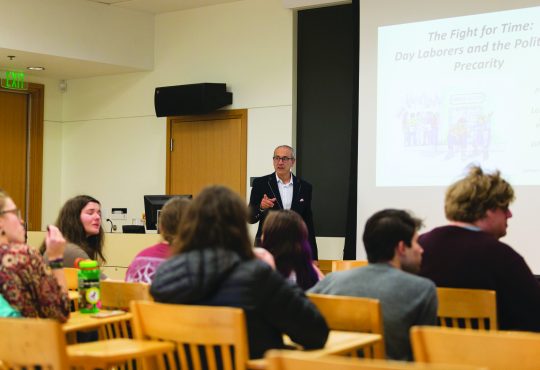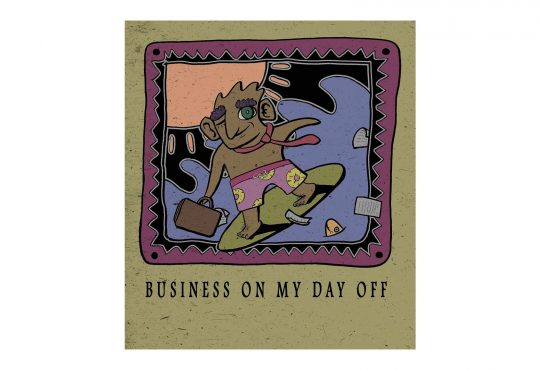WASHINGTON, D.C.—In an act of bipartisanship unseen since the time of the great compromiser Henry Clay himself, democrats and republicans came together last Tuesday to pass a bill that will have six-year-old Jeffry Thomas, the boy seen on national news just that Monday questioning why Congress could not just come together and be friends like his kindergarten class, stabbed to the fullest extent of the law by the end of the fiscal year.
The bill, officially entitled The Stabbing Rights Act, outlines in 146 pages how the fun-loving and energetic six-year-old will be viciously stabbed, why he will be brutally stabbed at such a young and tender age and what ceremonial/sacrificial significance, if any, will be honored after the stabbing.
“The Why preamble to The Stabbing Rights Act is probably the most important part of the whole thing,” senator and co-author of the bill Bed Bruz said.
“We cited a lot of specific examples on why we, as Congress, felt that little Jeffry Thomas needed to be stabbed. However, as we write in the bill, all those don’t really matter because this kid just really had it coming.”
The bill outlines many examples about why Jeffry has it coming including times where the six-year-old totally hogged all the finger paint in preschool, that he is a little four-eyed loser and the one time when he tried to eat paste like a little weirdo.
“Jeffry just needs to stop being a little bitch about everything,” ex-Speaker of the House Schmancy Velosi weighed in on the issue.
Congress, as a whole, wanted to stress that Jeffry really should just grow up and stop being a whiny little child.
Further, many congressmen and women hope the bill will open Jeffry’s mind up to the real world instead of whatever sick and twisted fantasy the six-year-old has been coddled into by his parents.
“It’s like this kid is living in a fantasy land where you can just insult people despite the good work they do,” Senate Minority Leader Fitch FcFonnell said.
“A good stabbing should really whip him into shape and make him realize his actions affect people.”
The bill comes as a hopeful reminder that even in times of great turmoil and indecision, where debates about healthcare and the budget seem unending, Congress can still set aside their problems and pass something that Americans everywhere can find hope in—something we can all believe in.
This reporter believes Scott F. Gitzgerald said it best when he wrote, “Gatsby believed in the green light, the orgastic future that year by year recedes before us. It eluded us then, but that’s no matter—to-morrow we will run faster, stretch out our arms farther. . . . And one fine morning —So we beat on, boats against the current, borne back ceaselessly into the past.”





